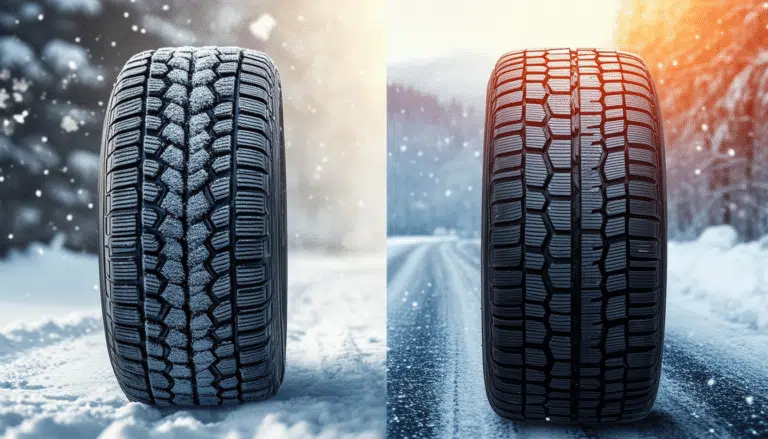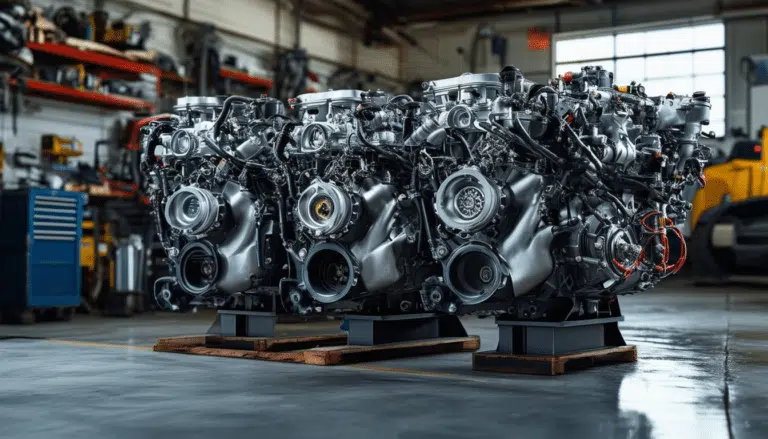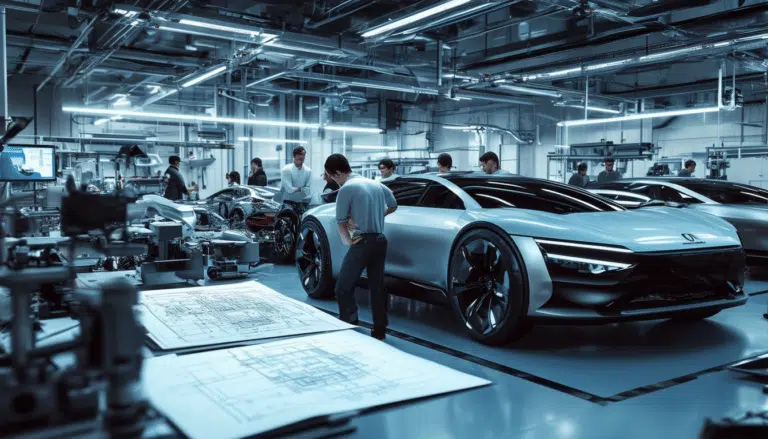How proper maintenance extends the life of your vehicle and reduces fuel costs
A good maintenance is essential to ensure the optimal performance of your vehicle. It not only contributes to prolonging the lifespan of the car but also plays a crucial role in reducing fuel expenses. Performing simple tasks like checking tire pressure, changing air and oil filters, and conducting regular inspections can make a difference in fuel consumption. With proper care habits, it is possible to improve engine efficiency and, in turn, enjoy a more economical and safer drive.
Proper maintenance of a vehicle not only ensures its optimal functioning, but also helps prolong its lifespan and significantly reduce fuel expenses. Through regular practices and using quality components, it is possible to maximize efficiency and avoid unexpected costs. This article will explore the key aspects of vehicle maintenance and how they contribute to a more efficient use of fuel.
The importance of regular oil changes
One of the most fundamental aspects of automotive maintenance is to perform oil changes regularly. Clean oil allows the engine to run smoothly, minimizing friction and wear on internal parts. Using the oil recommended by the manufacturer and changing it according to specified intervals not only protects the engine but also optimizes fuel performance.
Proper tire pressure
The tire pressure is another crucial factor that impacts fuel consumption. Deflated tires increase rolling resistance, forcing the engine to work harder and, therefore, consume more fuel. Maintaining the proper pressure not only extends tire life but also contributes to more efficient driving. Checking tire pressure regularly is a simple practice that can lead to significant fuel savings.
Inspection of air and fuel filters
Filters are essential components that should be inspected and replaced periodically. A clogged air filter can restrict airflow to the engine, resulting in poor performance and higher fuel consumption. On the other hand, a clean fuel filter ensures that the engine’s injectors operate efficiently. Ensuring that these filters are in good condition can drastically improve fuel consumption efficiency.
Benefits of preventive maintenance
Performing regular inspections allows you to identify and resolve issues before they escalate into serious failures. This not only saves money on major repairs but also ensures that the vehicle operates at its best. Prevention is a key component that helps maintain high performance and fuel efficiency over time.
Efficient driving tips
In addition to the technical maintenance of the vehicle, adopting a more efficient driving style can also contribute to reducing fuel expenses. Driving at constant speeds, avoiding rapid accelerations and hard braking, and using the air conditioning moderately are practices that can significantly improve fuel economy. Driving efficiently not only benefits the wallet but also reduces overall wear on the vehicle.
Use of quality fuel
The choice of quality fuel also plays an important role in the vehicle’s performance. Using fuels recommended by the manufacturer can maximize efficiency and prolong the engine’s life. In addition, lower quality fuels may contain impurities that damage internal components and affect fuel consumption.
Conclusion
Ultimately, proper maintenance not only extends the life of a vehicle but also reduces fuel expenses. Keeping components in optimal condition, making regular oil changes, checking tire pressure, and adopting an efficient driving style are just some of the ways to achieve these benefits. Continuous attention and care for your vehicle are essential for efficient long-term performance.
Importance of Maintenance in the Life and Efficiency of Your Vehicle
The lifespan of a vehicle is directly related to its regular maintenance. By implementing periodic care, such as oil changes, brake inspections, and filter cleanings, you ensure that each component functions optimally. This not only prevents premature wear but also avoids costly future repairs. Investing time and resources in proper maintenance can result in significant long-term savings.
One of the most striking aspects of regular maintenance is its impact on fuel consumption. A well-maintained engine, with clean filters and the correct oil level, facilitates efficient vehicle operation. For example, proper tire pressure can improve fuel efficiency, as deflated tires generate resistance and additional effort in the engine. Maintaining this optimal pressure contributes to lower fuel expenses.
Moreover, regular inspections help identify mechanical or electronic issues that, if not addressed on time, could affect engine performance and increase fuel consumption. Changing air and fuel filters ensures optimal flow, which is also essential for maximizing energy efficiency. A clogged filter can restrict airflow, resulting in increased inefficiency in the engine and consequently higher fuel consumption.
In summary, regular maintenance not only contributes to the longevity of the vehicle but also plays a crucial role in reducing fuel expenses. A well-maintained vehicle is not only safer but also more efficient in its consumption, translating to a more economical and responsible use of resources. Properly taking care of a car is a commitment that is worthwhile, both for economic reasons and for environmental sustainability.




